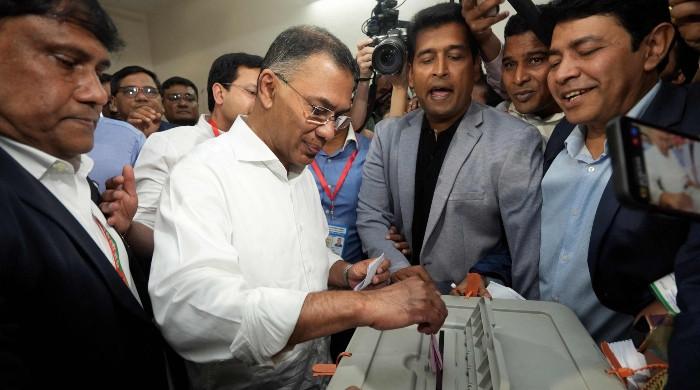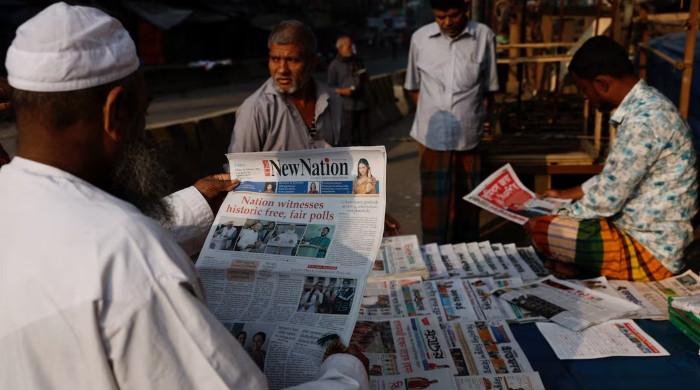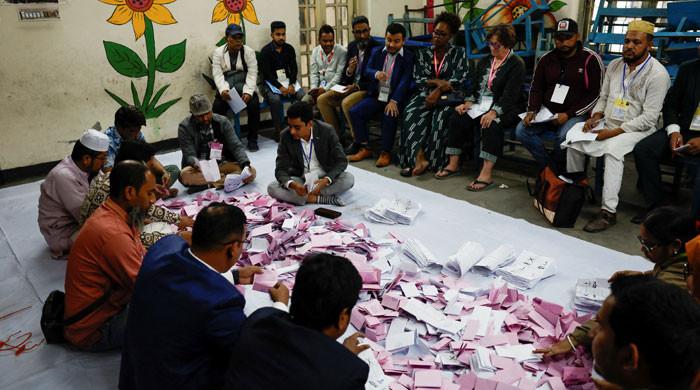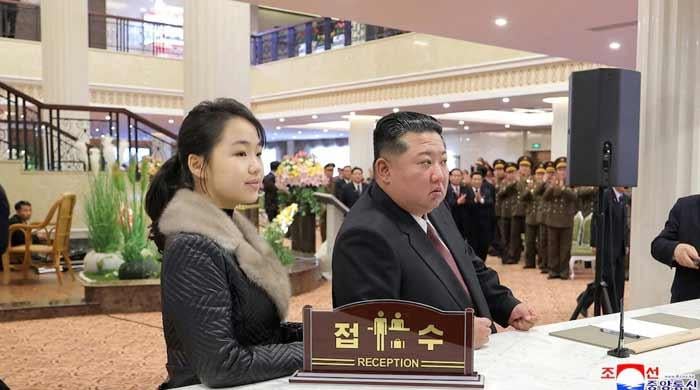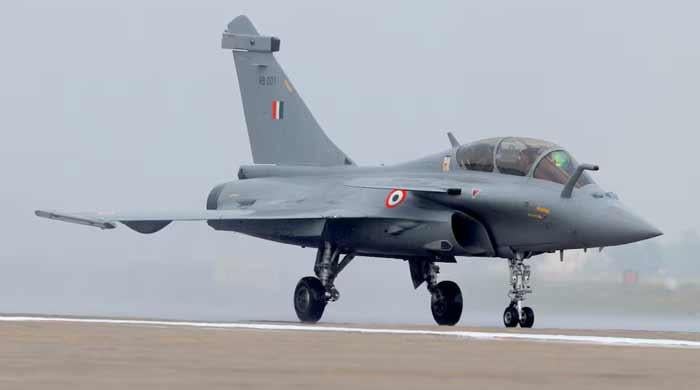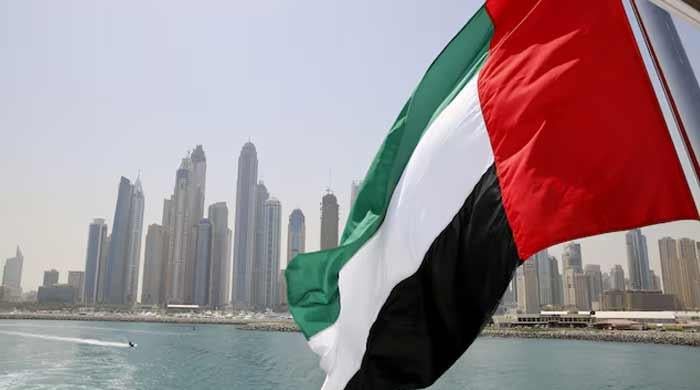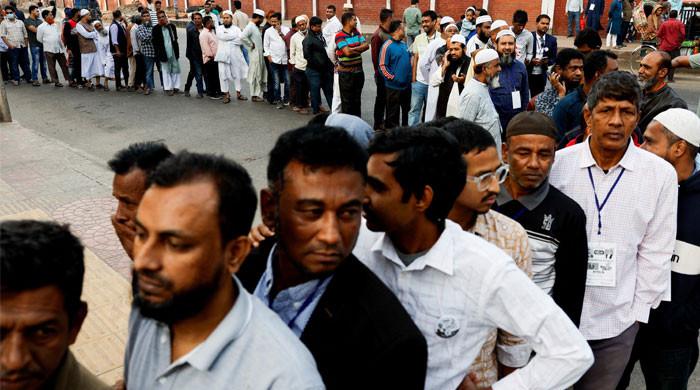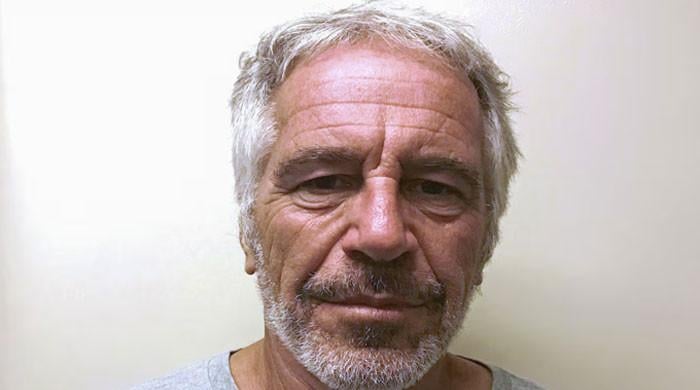Scattered violence in Dhaka after JI leader hanged
About 300 supporters gathered at Dhaka's main mosque to offer prayers in memory of Motiur Rehman after he was hanged.
May 12, 2016
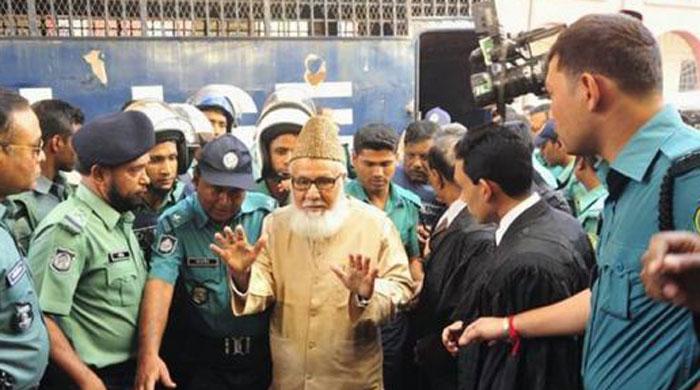
DHAKA/ISLAMABAD: On Wednesday, as Motiur Rehman Nizami was buried in his ancestral home in the northwest, about 300 supporters gathered at Dhaka's main mosque to offer prayers in his memory.
Later, they streamed out of the mosque, shouting slogans and vowing not to let Nizami´s death be in vain.
But they quickly dispersed, watched by armed policemen.
Jamaat-e-Islami, which has said the charges against Nizami were baseless, has called for a nationwide strike for Thursday in protest.
It said their dead leader was a victim of a political vendetta.
Police fired shots in the air to disperse stone-throwing Jamaat activists in the port city of Chittagong and in the northern district of Rajshahi, police said.
Nizami, head of the Jamaat-e-Islami party, was executed at Dhaka Central jail just after midnight after the Supreme Court rejected his final plea against a death sentence imposed by a special tribunal for genocide, rape and orchestrating the massacre of intellectuals during the war.
Nizami, 73, a former legislator and minister during opposition leader Khaleda Zia's last term as prime minister, was sentenced to death in 2014. Five opposition politicians, including four Jamaat leaders, have been executed since late 2013 after being convicted by the war crimes tribunal, which was set up by Prime Minister Sheikh Hasina in 2010.
The News adds: In Islamabad, the National Assembly (NA) passed a unanimous resolution condemning the execution of Nizami and terming the act a violation of human rights and against the norms of justice.
The resolution was adopted by the NA within 12 hours of the execution. Members of Parliament from the treasury and opposition benches demanded of the Pakistan government to take up the issue at the international level and summon the Bangladesh envoy to the Foreign Office to register a strong protest against the execution of political leaders who supported a united Pakistan in 1971. Some of them also demanded of the Pakistan government to sever diplomatic relations with Bangladesh.
“The present situation demands that measures be taken to promote harmony, brotherly relations and mutual tolerance between the two countries,” the resolution said. The resolution was also signed by Pakistan Tehreek-e-Insaf (PTI) and Muttahida Qaumi Movement (MQM).
The US State Department said that while it supported justice being carried out it was vital that trials were free, fair and transparent and conducted in accordance with international agreements.
"We still believe that further improvements to the ...process could ensure these proceedings meet domestic and international obligations," State Department spokeswoman Elizabeth Trudeau said in a statement. "Until these obligations can be consistently met, we have concerns about proceeding with executions."
The execution comes as the Muslim-majority nation suffers a surge in militant violence in which atheist bloggers, academics, religious minorities and foreign aid workers have been killed.




